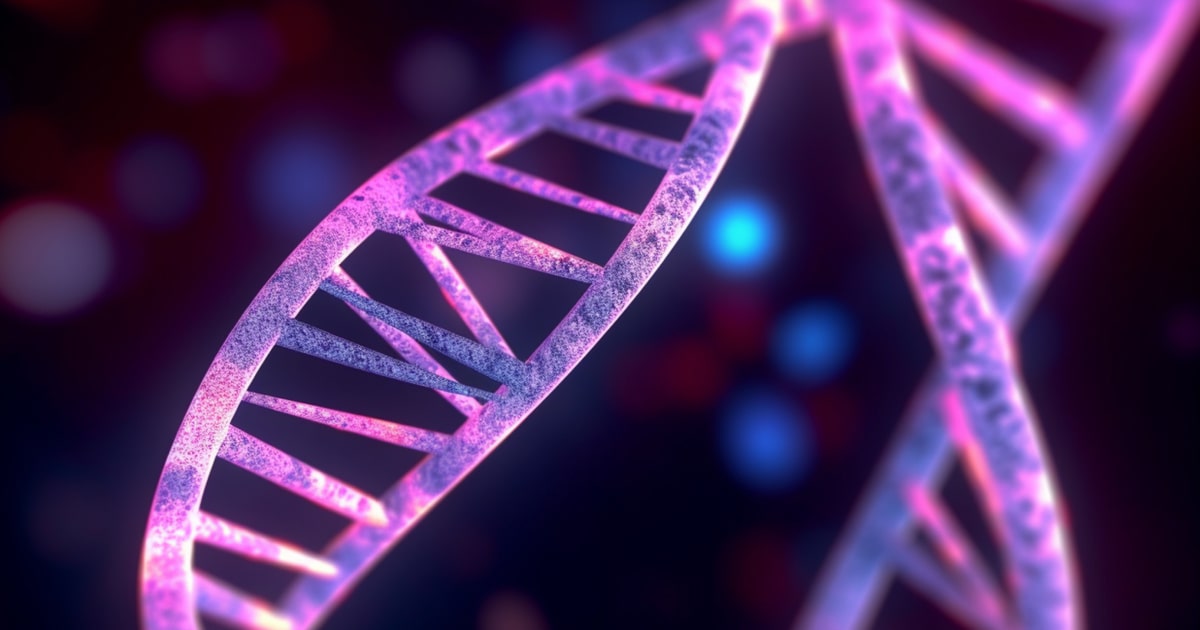
Expert Reviewed By: Dr. Brandon Colby MD
Understanding Spermatogenesis Maturation Arrest
Spermatogenesis maturation arrest is a form of male infertility characterized by the incomplete development of sperm cells. This disorder occurs when the process of spermatogenesis, the production of mature sperm from germ cells, is halted at a specific stage, leading to the absence of mature sperm in the testes. As a result, affected individuals may experience azoospermia, a condition where no sperm is present in the semen, and face difficulties in conceiving a child.
Diagnosing Spermatogenesis Maturation Arrest
Diagnosing spermatogenesis maturation arrest typically begins with a thorough medical history and physical examination. A semen analysis is then performed to assess sperm count, motility, and morphology. In cases of azoospermia, further tests may be required, such as hormonal evaluations, imaging studies, and testicular biopsy. A testicular biopsy involves the removal of a small tissue sample from the testes, which is then examined under a microscope for the presence of sperm cells and to identify any abnormalities in the process of spermatogenesis.
Genetic Testing for Spermatogenesis Maturation Arrest
Identifying Genetic Causes
Recent studies have shed light on the genetic factors that may contribute to spermatogenesis maturation arrest. For instance, a study conducted in Indonesia found a higher frequency of azoospermia factor (AZF) microdeletions in infertile males compared to other populations (AB013). Additionally, research has identified deleterious variations in the PATL2 and TUBB8 genes in infertile women with oocyte maturation arrest (Oocyte phenotype, genetic diagnosis, and clinical outcome).
Another study discovered a deleterious hemizygous variant of X-linked RBBP7, potentially causing maturation arrest and testicular tumors (X-linked RBBP7 mutation). Furthermore, evidence supports the causality between the CDC20 mutation and female infertility, with the homozygous p.Tyr228Cys variant causing oocyte maturation arrest (The homozygous p.Tyr228Cys variant in CDC20).
Benefits of Genetic Testing
Genetic testing for spermatogenesis maturation arrest can provide valuable information to affected individuals and their healthcare providers. By identifying the underlying genetic cause, healthcare providers can better understand the disorder and develop a personalized treatment plan. Genetic testing can also help determine the risk of passing the condition on to future offspring, allowing couples to make informed decisions about family planning.
Types of Genetic Testing
There are several types of genetic tests available for spermatogenesis maturation arrest, including:
- Targeted gene testing: This test focuses on specific genes known to be associated with the disorder, such as AZF, PATL2, TUBB8, RBBP7, and CDC20.
- Whole exome sequencing (WES): WES examines all protein-coding regions of the genome to identify potential disease-causing mutations.
- Whole genome sequencing (WGS): WGS analyzes the entire genome, providing a comprehensive view of an individual's genetic makeup and potentially uncovering novel genetic causes of spermatogenesis maturation arrest.
Genetic testing should be performed in consultation with a healthcare provider or genetic counselor, who can help interpret the results and provide guidance on appropriate next steps.
Conclusion
Spermatogenesis maturation arrest is a complex disorder with a growing body of research uncovering its genetic underpinnings. By understanding, diagnosing, and utilizing genetic testing, healthcare providers can better manage this condition and support affected individuals in their journey toward parenthood.
About The Expert Reviewer
Dr. Brandon Colby MD is a US physician specializing in the personalized prevention of disease through the use of genomic technologies. He’s an expert in genetic testing, genetic analysis, and precision medicine. Dr. Colby is also the Founder of and the author of Outsmart Your Genes.
Dr. Colby holds an MD from the Mount Sinai School of Medicine, an MBA from Stanford University’s Graduate School of Business, and a degree in Genetics with Honors from the University of Michigan. He is an Affiliate Specialist of the American College of Medical Genetics and Genomics (ACMG), an Associate of the American College of Preventive Medicine (ACPM), and a member of the National Society of Genetic Counselors (NSGC)